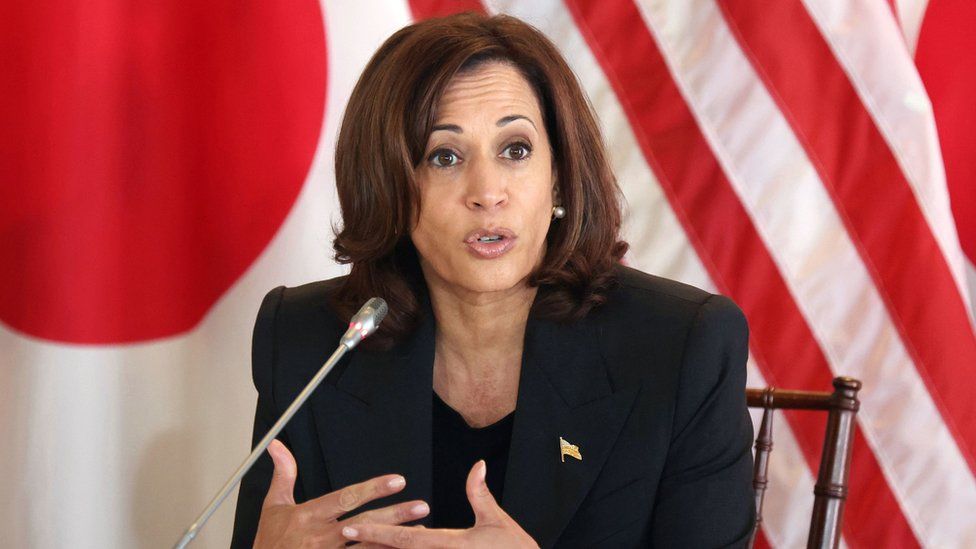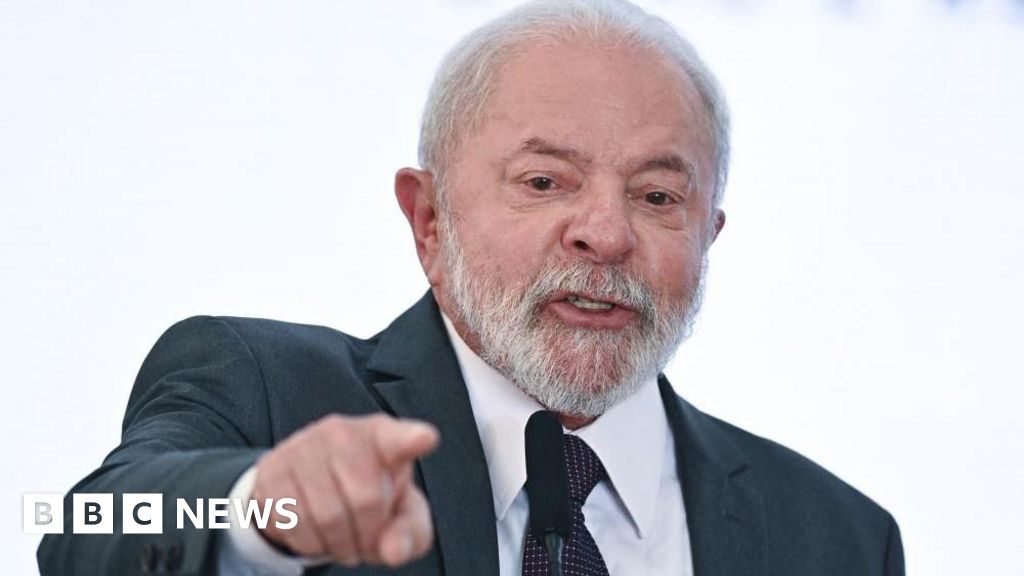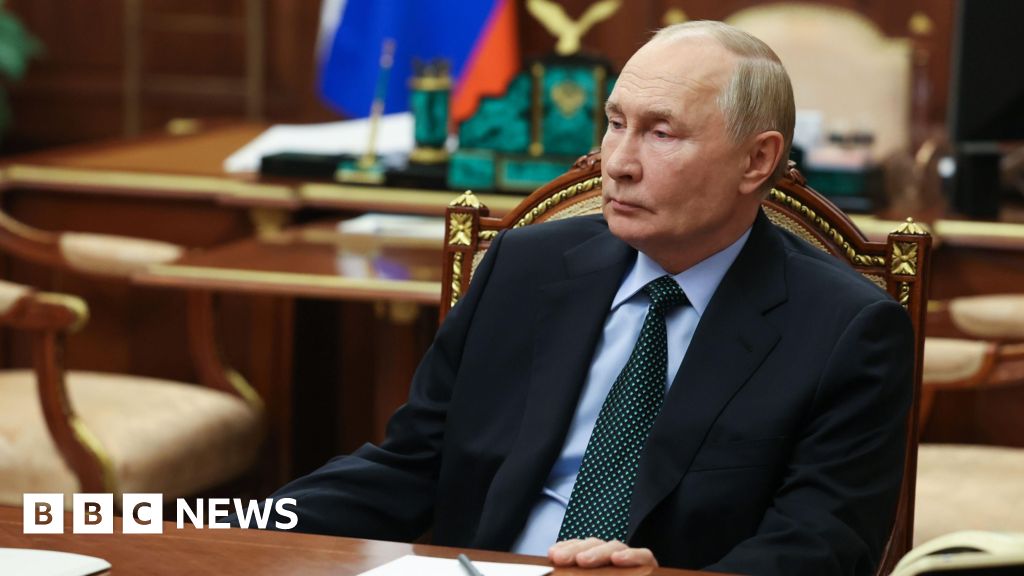ARTICLE AD BOX
By Jean Macknezie in Seoul and Frances Mao in Singapore
BBC News
 Image source, EPA
Image source, EPA
The US Vice President is to arrive in South Korea
US vice president Kamala Harris arrived South Korea a day after the North fired two ballistic missiles off its east coast.
The launch - two days after South Korean and US troops held joint drills - was a clear act of intimidation that underscored regional tensions.
Both South Korea and Japan officials reported the tests on Wednesday night, condemning the "provocations".
The US bans North Korea from conducting ballistic and nuclear weapon tests.
But the closed-off communist state has consistently defied this ban in recent years. This year in particular it has tested missiles at an unprecedented pace.
Pyongyang's missiles on Wednesday followed another it had fired into the sea between Japan and South Korea on Sunday, ahead of the military drills.
South Korean authorities said Wednesday's missiles were launched between 18:10 and 18:20 local time (09:10-09-20 GMT), and flew 360km (225 miles), reaching an altitude of 30km. Japan's coast guard also picked up the launch.
"North Korea's provocations will further strengthen the South Korean-US deterrence and response capability, and only deepen North Korea's isolation from the international community," the South Korean Joint Chiefs said in a statement.
The recent flurry of tests - three missiles in four days - are the first to take place since June, according to South Korean officials.
Ms Harris will visit Seoul before travelling to the border and the heavily fortified Demilitarised Zone (DMZ) which separates the North and South.
The US vice president's trip follows her visit to Japan where she attended the funeral of former Japanese Prime Minister Shinzo Abe.
On Wednesday, she also addressed US troops at a military base in Japan where she condemned North Korea's recent launches and its "illicit weapons programme which threatens regional stability".
Tensions on the Korean peninsula have spiked this year, with Pyongyang ramping up its firing of ballistic missiles.
South Korea's President, Yoon Suk-yeol, who took office in May, has promised a tougher stance on North Korea and closer ties with the US.
Earlier this month, North Korea passed a law declaring itself to be a nuclear weapons state, with leader Kim Jong-un ruling out the possibility of talks on denuclearisation.

 2 years ago
15
2 years ago
15








 English (US)
English (US)